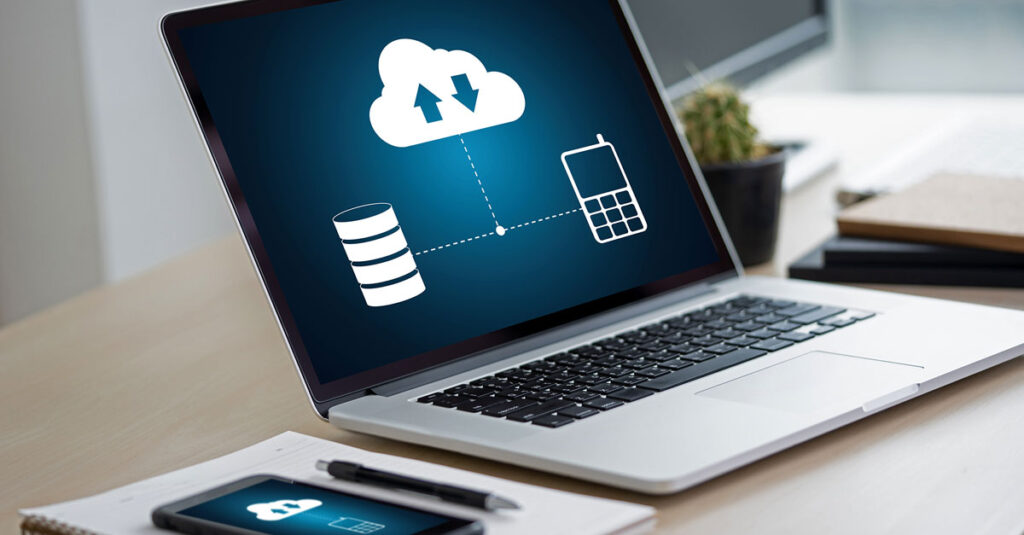
How To Clean Up Your Cloud Backup Storage
You’re smart. You’ve got your devices set up to back up your data—photos, videos, important files and emails—to your carefully chosen cloud accounts.
Cloud backup storage is a great safe solution, and it seems vast and limitless. But remember, you’re only paying for—or allotted a free amount of—the storage. It’s a lot more room than hardware like a smartphone or laptop can handle, but you still have a finite amount and you can run out of room unexpectedly. You might get an automatic bill for extra space.
Here’s how to clean everything up, avoid paying for more storage and make sure you’ve got the room for what you want to keep.
Why do I have to clean up my cloud space?
Cleaning out your cloud space that any important messages, emails, videos, photos and files will continue to upload to your cloud backup. You’re able to keep all the files that are important to you and ensure you can continue to view your content from any device wherever you are. Plus, it’s like anything after you tidy it up—you’ll be better able to quickly find and access the things you want when you need them, making your online experience more seamless and productive.
How do I clean up my cloud storage?
Exactly how you clean up your cloud storage space is going to depend on what type of device you have—a computer, phone or tablet—and which cloud storage providers you’re cleaning up, like iCloud, Dropbox, Google Drive or Microsoft 365.
But no matter your case, we’ve got a few different strategies for making a huge dent in cleaning up your storage, making sure you don’t have to pay unnecessary fees for space you don’t need and ensuring it’s easy to find the files you do need, whenever you want.
To start, go into your cloud storage provider. On a device, this would be under Settings, and you can click through to Storage or to a provider like iCloud. If you use a service like Google Drive or Dropbox, you can open those apps, go into the dropdown menu and click on an option labeled Storage or something similar.
Once you click that, there might be an option like Clean Up Space or Manage Storage that will walk you through getting rid of the files that are hogging all your storage space. Read on for some strategies for once you start digging in.
Tidy up by size
It helps to get rid of the biggest stuff first, cleaning up lots of space quickly. Providers like Google Drive and Microsoft OneDrive automatically show you your biggest files first, helping you eliminate stuff you might not realize is taking up tons of cloud space.
If your provider doesn’t automatically show you your largest files, search for some of these common offenders:
- Emails in Trash/Spam – You’ve already either deleted these or don’t have use for them, but sometimes your provider will hang onto them for a bit in case you change your mind. You can free up some storage if you decide to make it final and delete these permanently.
- Podcasts, audiobooks or other audio files – If you use your device to listen to media like podcasts and audiobooks, make sure you’re removing the audio once you’re done listening, otherwise these will unnecessarily occupy lots of cloud space. If these come up in your search, delete the ones you don’t need anymore. (Don’t worry, if you’ve purchased an audiobook, you can still access it via your audiobook provider like Audible, but removing the download from your phone frees up space for other files.) Once you’ve deleted these, go into your settings for your podcasts or audiobooks. Make sure you’ve elected to delete all episodes or files after you’ve completed listening to them and unsubscribe to any podcasts you no longer listen to (otherwise they may still be downloading new episodes every week).
- Videos – You might already know these take up a lot of space, but you may not realize how many are actually stored to your device. Once you delete the ones you don’t need, go into your settings on your emails and messages. Make sure you’re not automatically downloading every video that someone sends you (and instead choosing the ones you want to download), or that you’re backing them up to your cloud provider like iCloud rather than downloading everything to your device.
- Messages – You might have a computer or an iPad where you also receive your text messages. This is a great feature that makes it easy to text, but those messages also take up a lot of space. You can clean cloud storage by going through and deleting old messages you don’t need, or setting your computer to automatically delete them after 30 days.
Get—and stay!—organized while you clean cloud storage
As you’re cleaning up, implement a system that helps you keep your files tidy and accessible.
There is no one way to do this—only the way that works best for you! Maybe you make folders with your photos grouped by date, location or subject, or maybe you rename your documents using a system that helps you find them easily.
At the same time, take time to digitally declutter. Unsubscribe from emails, podcasts or app subscriptions that don’t serve you anymore, get rid of photos you don’t need, empty your downloads folder and your recycling bin and clean up your desktop. And to do it smoothly, make sure that your internet connection is the fastest, most reliable and most secure one out there.
Frontier Fiber is built for the way you live today—and tomorrow
If you’re still on the lookout for the right ultrafast internet connection for streaming, gaming, working from home and running your smart home—all with enough bandwidth for everyone—find out about Frontier Fiber. Frontier Fiber is available in select areas—check here to see when it’s available at your address.




Join the conversation